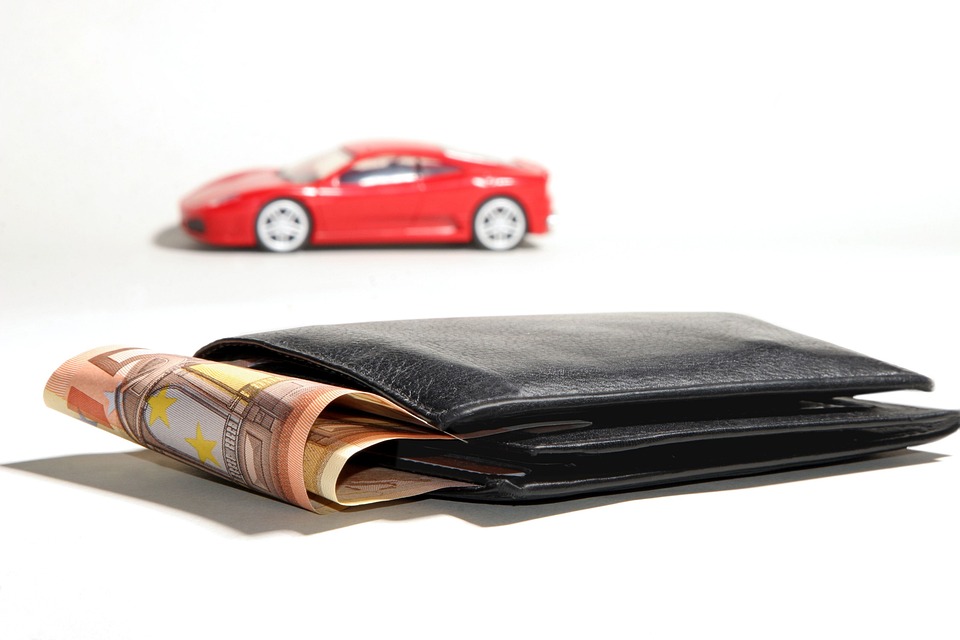Since a car is (next to a house) one of the most expensive purchases one can make, one of the first things to do when looking to make such a purchase is to establish a means of financing. Do not wait until you are ready to sign the paperwork for the purchase of a new car before giving serious consideration to how you will pay for it.
Checking one’s credit rating is a prudent preamble before visiting a dealership
Making on-time payments toward your bills is one way to gradually raise your credit score. A lower rate of interest may be offered on a Car loans if you have an excellent credit rating. Your credit score also affects the kind of vehicle loan for which you qualify. A high credit score might open doors to better interest rates and larger loan amounts when applying for vehicle financing.
Keep the loan term as short as feasible while still meeting your financial obligations
When taking out a loan, the shorter the duration, the more the monthly payments will be. When financing a car, interest rates tend to rise in direct proportion to the loanee’s repayment schedule. Your total interest paid on a depreciating asset will be greater if you extend the term of your Car loans to reduce your monthly payments. As enticing as this may seem, you should probably resist the urge.
Read more: Importance of GPS in Private Investigation
Make the biggest possible first investment
The best way to avoid paying more on your Car loans than the car is worth is to make the highest feasible down payment. A new car has a quicker depreciation rate than an older one, thus this is very significant.
You must use cash to cover any “extras,” including taxes and fees
Registration fees, sales tax, paperwork fees, and the price of any extras or add-ons you choose, such an extended warranty, are just some of the additional costs you may expect to incur when purchasing a car. Including these expenses in your financing will increase your overall loan amount, but will have no effect on the collateral value of your car. Perhaps you are undecided as to whether you should purchase a car with cash or a car loan. Check out our breakdown of the benefits of paying cash for a car vs being financed. For the Compare car loans it works fine.
Dealer financing vs bank rates
Some people, in their eagerness to get a new car, fail to give enough consideration to a matter of crucial importance: how they would cover the cost of doing so. It’s possible this will turn out to be an expensive error. Dealer financing involves the dealership coordinating with the customer’s bank or preferred lending institution to get finance for the purchase of a car. They’ll handle the logistics, leaving you with little to no work to do. Indeed, it seems to be ideal! The second option is for the vehicle purchaser to apply for financing via a third-party website, such as loans.com.au.
Conclusion
The loan’s conditions are up to you, and you’ll use the money to purchase the car from the dealer. The convenience of dealer financing may make it seem like the best option, but dealers can occasionally increase the monthly payment to earn a profit. Some dealers provide their own interest rates in addition to the bank’s standard rates.
